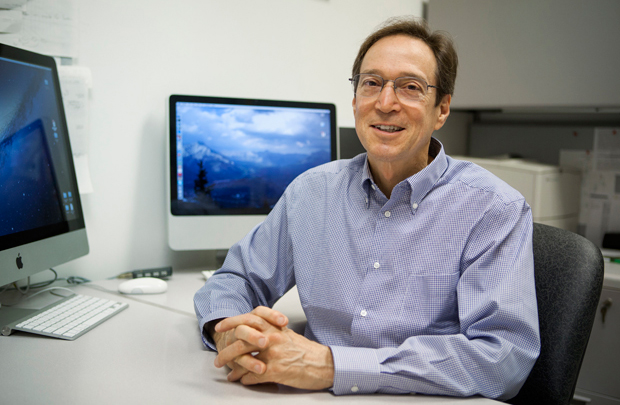Michael Lieber, MD, PhD, professor at the Keck School of Medicine of USC, has spent years studying the origin of lymphoma by tracing the onset of the problem to the most elemental of levels by looking at what went wrong in the DNA of people who develop lymphoma.
In two recent research papers published in the journal Cell Reports, Lieber and a team of multidisciplinary collaborators from the USC Norris Comprehensive Cancer Center and the Dana and David Dornsife College of Letters, Arts and Sciences Department of Biological Sciences, build on that research.
Both projects explain the complex process behind the assembly of the two different parts of antibody genes. One, published in April, looks at the assembly of the part of the gene that attaches to bacteria and viruses. Another, published in July, details the chemical process that goes into assembling the part of the antibody that brings in proteins or other cells to kill bacteria and viruses.
Lymphoma develops in the lymphocytes, a type of white blood cell, that are normally responsible for creating antibodies as part of the body’s response to infection.
Both research projects are attempts to understand the DNA signals behind the assembly of normal antibodies. Lieber explained that this information sheds light on the things that go wrong in the production of antibodies both in people with immune deficiencies and in people who develop many different types of lymphoma.
“Almost all lymphomas begin with a mistake in the processes described in one or both of these research projects,” said Lieber.
Both projects contribute valuable knowledge to the development of cancer, but they are also milestone for Lieber.
“It is the culmination of about 30 years of my research,” said Lieber, who holds the Rita and Edward Polusky Chair in Basic Cancer Research at USC Norris.
— By Hope Hamashige


